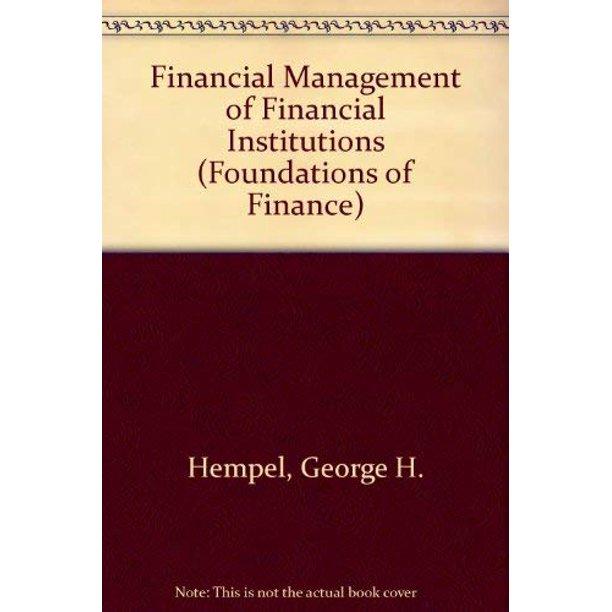
5-2: Future Values 5-5: Finding the Number of Years, N Reaching a financial goal Erika and Kitty, who are twins, just received $50,000 each for their 30th birthdays. They both have aspirations to become millionaires. Each plans to make a $5,000 annual contribution to her "early retirement fund" on her birthday, beginning a year from today. Erika opened an account with the Safety First Bond Fund, a mutual fund that invests in high-quality bonds whose investors have earned 7% per year in the past. Kitty invested in the New Issue Bio-Tech Fund, which invests in small, newly issued bio-tech stocks and whose investors have earned an average of 17% per year in the fund's relatively short history. a. If Erika's fund earns the same returns in the future as in the past, how old will she be when she becomes a millionaire? Round your answer to two decimal places. years b. If Kitty's fund earns the same returns in the future as in the past, how old will she be when she becomes a millionaire? Round your answer to two decimal places. years C. How large would Erika's annual contributions have to be for her to become a millionaire at the same age as Kitty, assuming their expected returns are realized? Do not round intermediate calculations. Round your answer to the nearest cent. d. Is it rational or irrational for Erika to invest in the bond fund rather than in stocks? I. High expected returns in the market are almost always accompanied by a lot of risk. We couldn't say whether Erika is rational or irrational, just that she seems to have less tolerance for risk than Kitty does. II. High expected returns in the market are almost always accompanied by less risk. We couldn't say whether Erika is rational or irrational, just that she seems to have more tolerance for risk than Kitty does. III. High expected returns in the market are almost always accompanied by a lot of risk. We couldn't say whether Erika is rational or irrational, just that she seems to have more tolerance for risk than Kitty does. IV. High expected returns in the market are almost always accompanied by less risk. We couldn't say whether Erika is rational or irrational, just that she seems to have less tolerance for risk than Kitty does. V. High expected returns in the market are almost always accompanied by a lot of risk. We couldn't say whether Erika is rational or irrational, just that she seems to have about the same tolerance for risk than Kitty does. -Select- 5-2: Future Values 5-5: Finding the Number of Years, N Reaching a financial goal Erika and Kitty, who are twins, just received $50,000 each for their 30th birthdays. They both have aspirations to become millionaires. Each plans to make a $5,000 annual contribution to her "early retirement fund" on her birthday, beginning a year from today. Erika opened an account with the Safety First Bond Fund, a mutual fund that invests in high-quality bonds whose investors have earned 7% per year in the past. Kitty invested in the New Issue Bio-Tech Fund, which invests in small, newly issued bio-tech stocks and whose investors have earned an average of 17% per year in the fund's relatively short history. a. If Erika's fund earns the same returns in the future as in the past, how old will she be when she becomes a millionaire? Round your answer to two decimal places. years b. If Kitty's fund earns the same returns in the future as in the past, how old will she be when she becomes a millionaire? Round your answer to two decimal places. years C. How large would Erika's annual contributions have to be for her to become a millionaire at the same age as Kitty, assuming their expected returns are realized? Do not round intermediate calculations. Round your answer to the nearest cent. d. Is it rational or irrational for Erika to invest in the bond fund rather than in stocks? I. High expected returns in the market are almost always accompanied by a lot of risk. We couldn't say whether Erika is rational or irrational, just that she seems to have less tolerance for risk than Kitty does. II. High expected returns in the market are almost always accompanied by less risk. We couldn't say whether Erika is rational or irrational, just that she seems to have more tolerance for risk than Kitty does. III. High expected returns in the market are almost always accompanied by a lot of risk. We couldn't say whether Erika is rational or irrational, just that she seems to have more tolerance for risk than Kitty does. IV. High expected returns in the market are almost always accompanied by less risk. We couldn't say whether Erika is rational or irrational, just that she seems to have less tolerance for risk than Kitty does. V. High expected returns in the market are almost always accompanied by a lot of risk. We couldn't say whether Erika is rational or irrational, just that she seems to have about the same tolerance for risk than Kitty does. -Select







